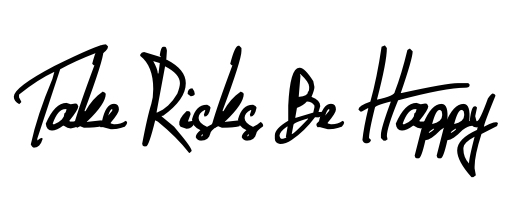Steve Jobs revolutionized computers and phones, but what I really love is his thoughts on bicycles.
You see, different animals move in different ways. Fish swim, birds fly, humans walk, and snakes slither. Not all ways of moving are as fast or efficient. Snails and turtles are fine, but they’re not very fast.
Humans are smart, but when it comes to getting where we want to go, we’re pretty inefficient. We are in the middle of the pack, far behind animals like the condor, which can travel vast distances by riding wind currents.

Basically, if we want to travel as far as a bird riding the wind, we are going to have to work a lot harder.
Or, at lot smarter.
That’s because what we lack in speed or efficiency, we make up for with our brains. As Steve Jobs noted:
A “man riding a bicycle was twice as good as the condor. All the way off the end of the list.”
And although humans are far too heavy to fly, we invented aircraft and spaceships which allow us to fly faster and further than even birds themselves. We used ingenuity to change the game.
The same logic applies in so many areas of life.
You can learn to cook by trial and error–buying random ingredients, adding them together, and then seeing what works. That would take a really, really long time.
Or, you can buy a cookbook, follow the instructions, gain a lot of skills, and then–when you know more–make your own changes and contributions.
You could try to discover the universal rules of mathematics yourself–as great mathematicians like Pythagoras had to do–or you could just read a math textbook.
If you want to become a writer, figure out pitching by wading through mountains of rejections, and slowly and laboriously improving over years. Or, you could buy a quality online writing course or read Come Write With Us which breaks down the basics and gets you there much more quickly.
The point is all the same:

Work smarter, not harder.
It’s not that working hard is bad. You want to work hard. If you want to be exceptional at anything you do you need to work hard. But you don’t want to unnecessarily work hard. That just leads to burnout and poor results.
What’s the point in spending all sorts of effort trying to get a book deal if you didn’t take the time to learn how to format a book proposal?
What’s the point in spending hours at the gym if you’re doing exercises that don’t give you a good workout? You might get burnout or injure yourself.
What’s the point in spending hours learning a musical instrument with a book if you can learn it faster with youtube videos?
Don’t work harder, work smarter.
Then–you can work harder.
We live in a society that idolizes hard work. And hard work should be rewarded. But we are successful as a society, and individuals, by eliminating the need to do unproductive work.
Steve Jobs helped us get there with computers, allowing us to do things vastly quicker than before.
I made the mistake of working harder, not smarter.
As a writer I look back at my early freelance writing career and think of all of the rejection letters I got. I thought by sending more pitches and more emails to literary agents I was working harder. I was wrong.
My pitches were bad, so by sending more, I was working dumber. I was wasting my time, and hurting my reputation with agents who might want to work with me if I were working smarter.
When you think about your next project, goal, dream, or idea, it can be tempting to just jump in with enthusiasm–and that’s great. But you might want to take a step back first, to consider whether what you are about to start is the easiest and smartest way to achieve your goals. After all, sometimes a little bit of preparation can save you a lot of time in the long run. By working smarter, not harder, you can improve your odds of success.
Read more:
If you liked this post, you’ll probably also like a post I wrote on what Bill Gates can teach you about writing and setting long term goals. Or perhaps this post on the comfort of conformity.





